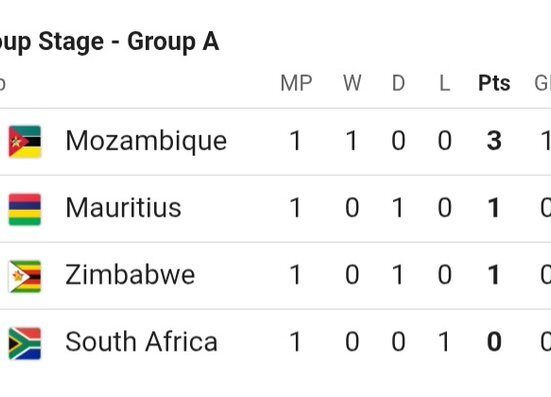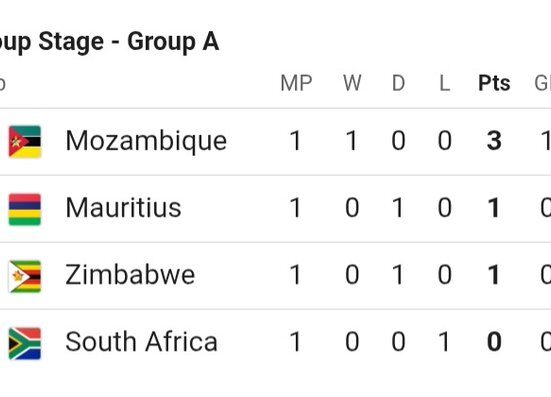Ngũgĩ wa Thiong’o, a towering figure in African literature, who passed away at the age of 87, leaves behind a legacy that resonates far beyond his physical presence. Born James Ngugi on January 5, 1938, in Kamiriithu, Kenya, he would later adopt the name Ngũgĩ wa Thiong’o as a powerful statement against colonial influences, embracing his Kenyan Kikuyu roots. His journey from humble beginnings to becoming a celebrated author, essayist, playwright, and literary critic reflects not only his personal evolution but also the broader narrative of Africa’s struggle for cultural identity and self-determination.
Ngũgĩ wa Thiong’o’s literary contributions are deeply rooted in his experiences and observations of colonialism, postcolonialism, and the African narrative. His early education in mission schools and later at institutions like Makerere University College in Uganda and the University of Leeds in England provided him with a diverse perspective that would shape his creative output.
His decision to write in his native Kikuyu language was not just a literary choice but a political statement, emphasizing the importance of African languages in reclaiming cultural autonomy.
The emergence of Ngũgĩ wa Thiong’o on the literary stage was marked by the performance of his play “The Black Hermit” in 1962, a seminal moment that heralded his arrival as a distinctive voice in African literature. Subsequent works like “Weep Not, Child” (1964) and “The River Between” (1965) further solidified his reputation as a master storyteller delving into themes of colonial oppression, the Mau Mau Uprising, and the quest for independence in Kenya. Through his novels, plays, and essays, he not only captured historical struggles but also shed light on the post-independence challenges faced by Kenyans, advocating for a decolonized society.
In addition to his literary prowess, Ngũgĩ wa Thiong’o was a staunch political activist, unafraid to speak truth to power. His imprisonment in Kenya due to his outspoken views against the regime underscored his commitment to fighting for justice and freedom. Forced into exile in England and later the United States, he continued his activism through his writings and teachings, inspiring a generation of scholars and activists to challenge colonial legacies and champion African self-determination.
His enduring dedication to the cause of decolonization reverberates in his works, urging readers to confront the complexities of power and identity in a postcolonial world.
Among his notable works are “A Grain of Wheat” (1967), “Petals of Blood” (1977), “Devil on the Cross” (1982), and “Decolonizing the Mind: The Politics of Language in African Literature” (1986), each offering profound insights into the human condition and the quest for liberation. “Wizard of the Crow” (2006) stands as a monumental achievement in his literary career, showcasing his ability to weave intricate narratives that blend satire, wisdom, and social critique. Notably, “The Upright Revolution: Or Why Humans Walk Upright” (2019) stands out as the most translated short story in African literature history, a testament to his enduring influence across borders and languages.
As news of Ngũgĩ wa Thiong’o’s passing reverberates through literary circles and beyond, tributes pour in from admirers and scholars worldwide, honoring his indelible mark on the literary landscape. His commitment to elevating African voices, preserving indigenous languages, and challenging hegemonic narratives has left an indelible imprint on the global literary scene.
Ngũgĩ wa Thiong’o’s legacy serves as a guiding light for future generations, inspiring a renewed appreciation for the power of storytelling in shaping cultural consciousness and fostering social change.
In conclusion, the life and works of Ngũgĩ wa Thiong’o stand as a testament to the enduring power of literature to illuminate the human experience and provoke critical reflection on the complexities of our shared history. As we bid farewell to a literary giant, we also celebrate his lasting legacy that continues to resonate with readers, writers, and activists alike, reminding us of the transformative potential of storytelling in forging a more just and inclusive world.









Leave feedback about this